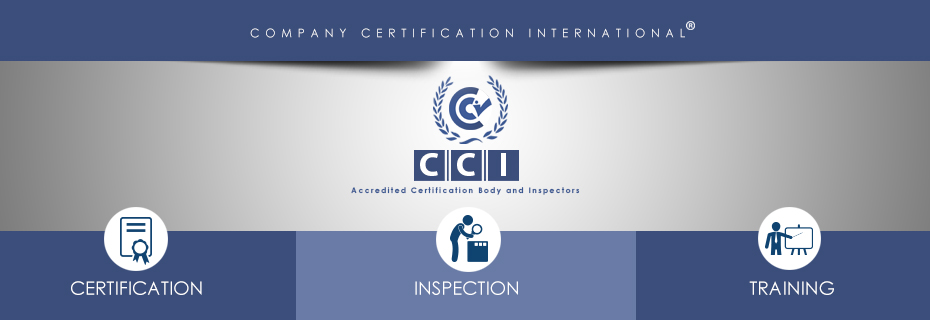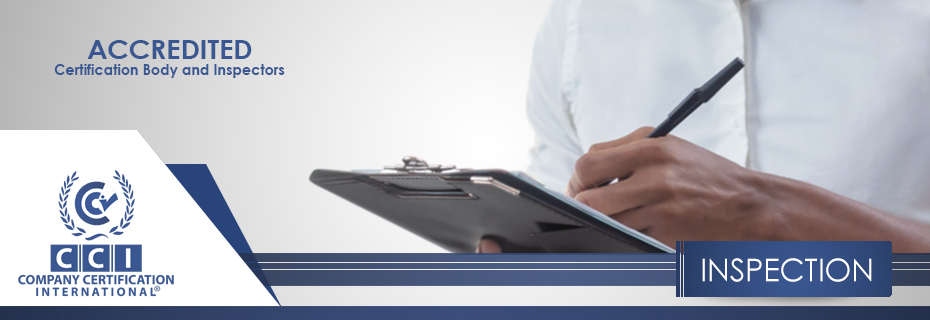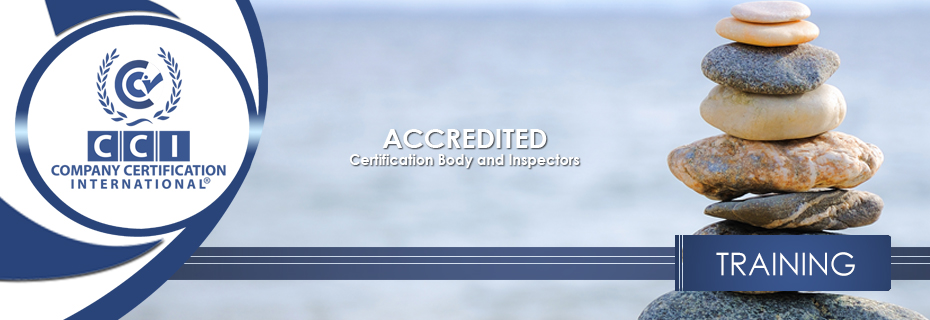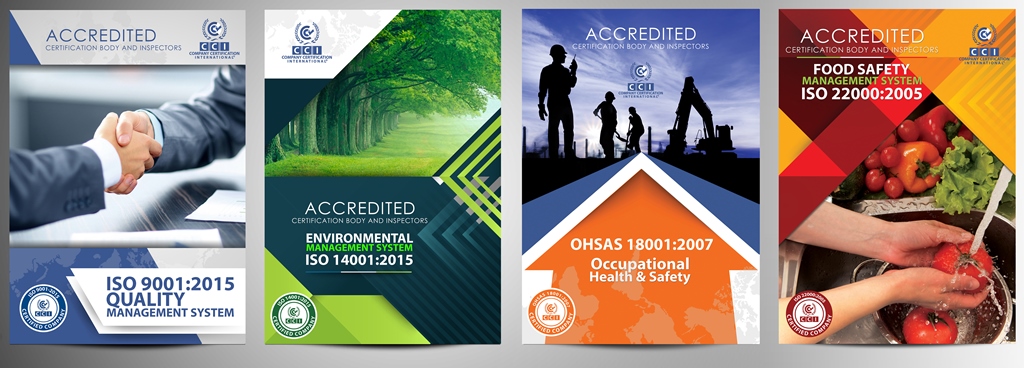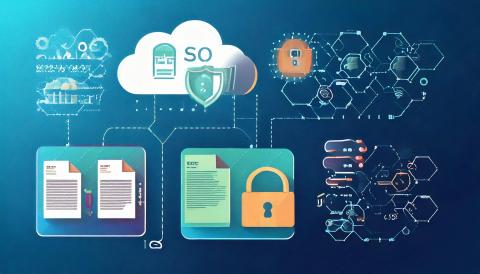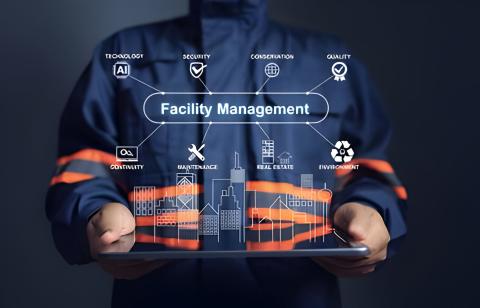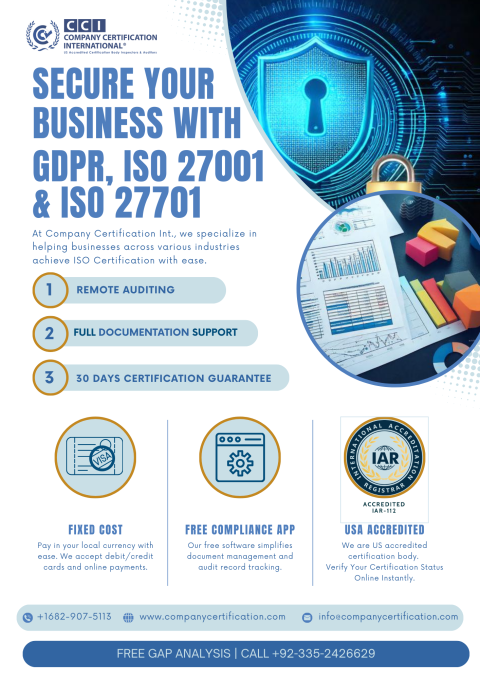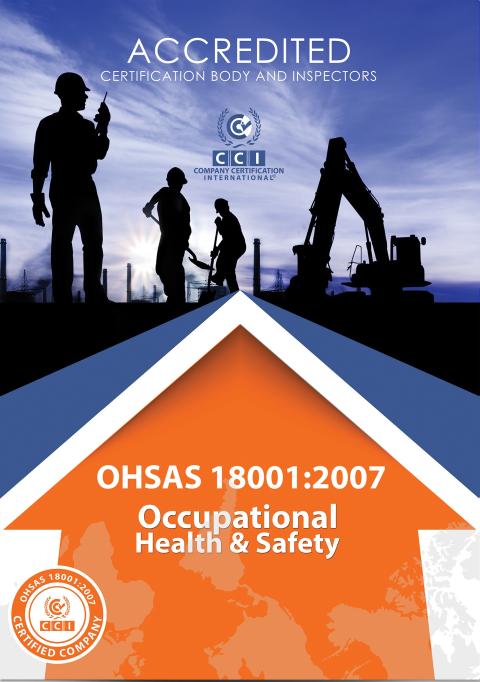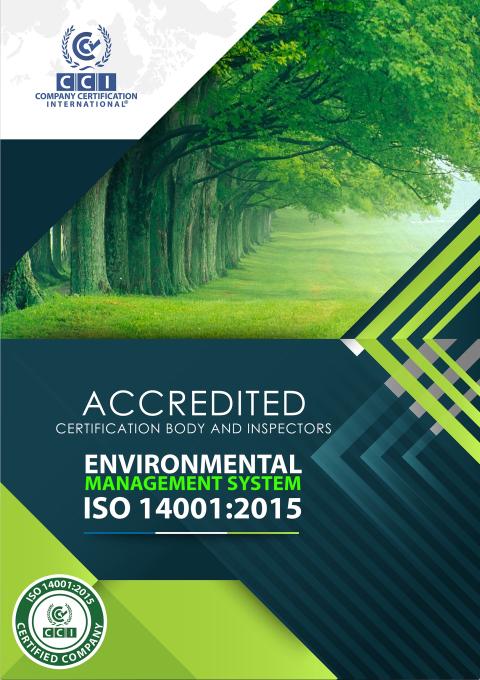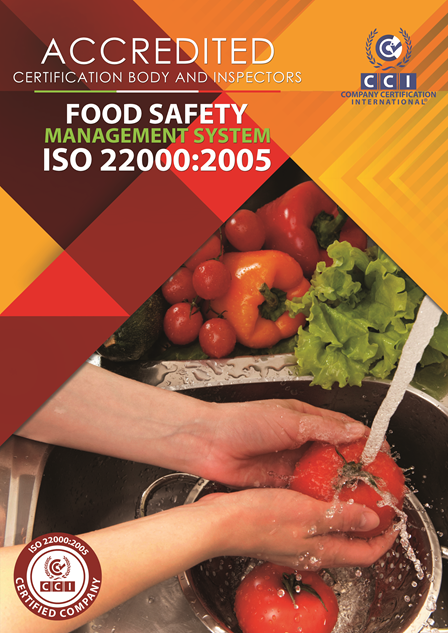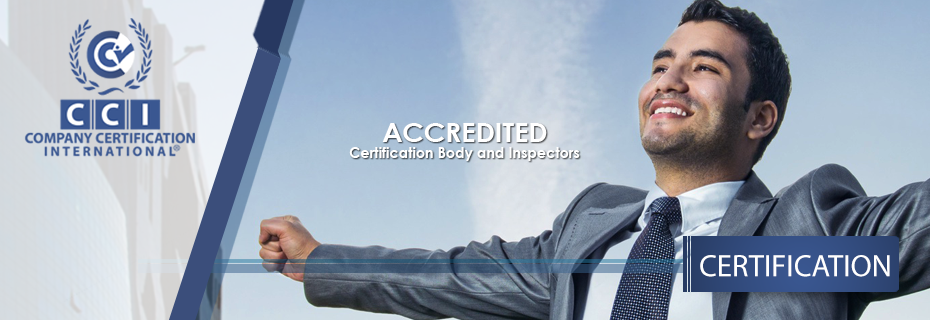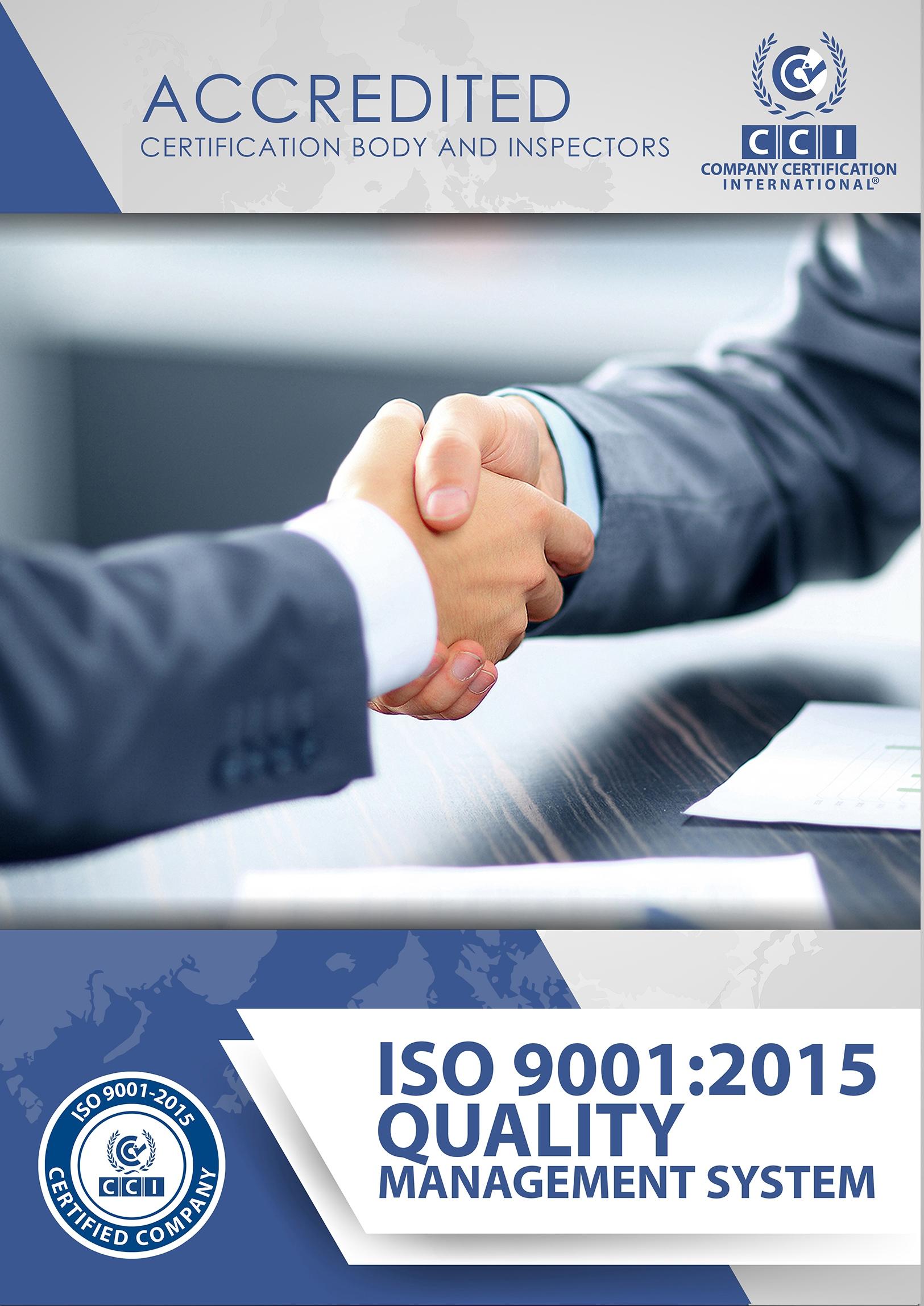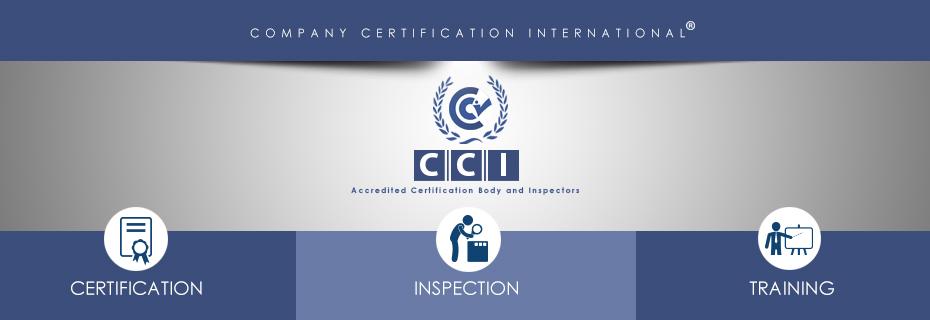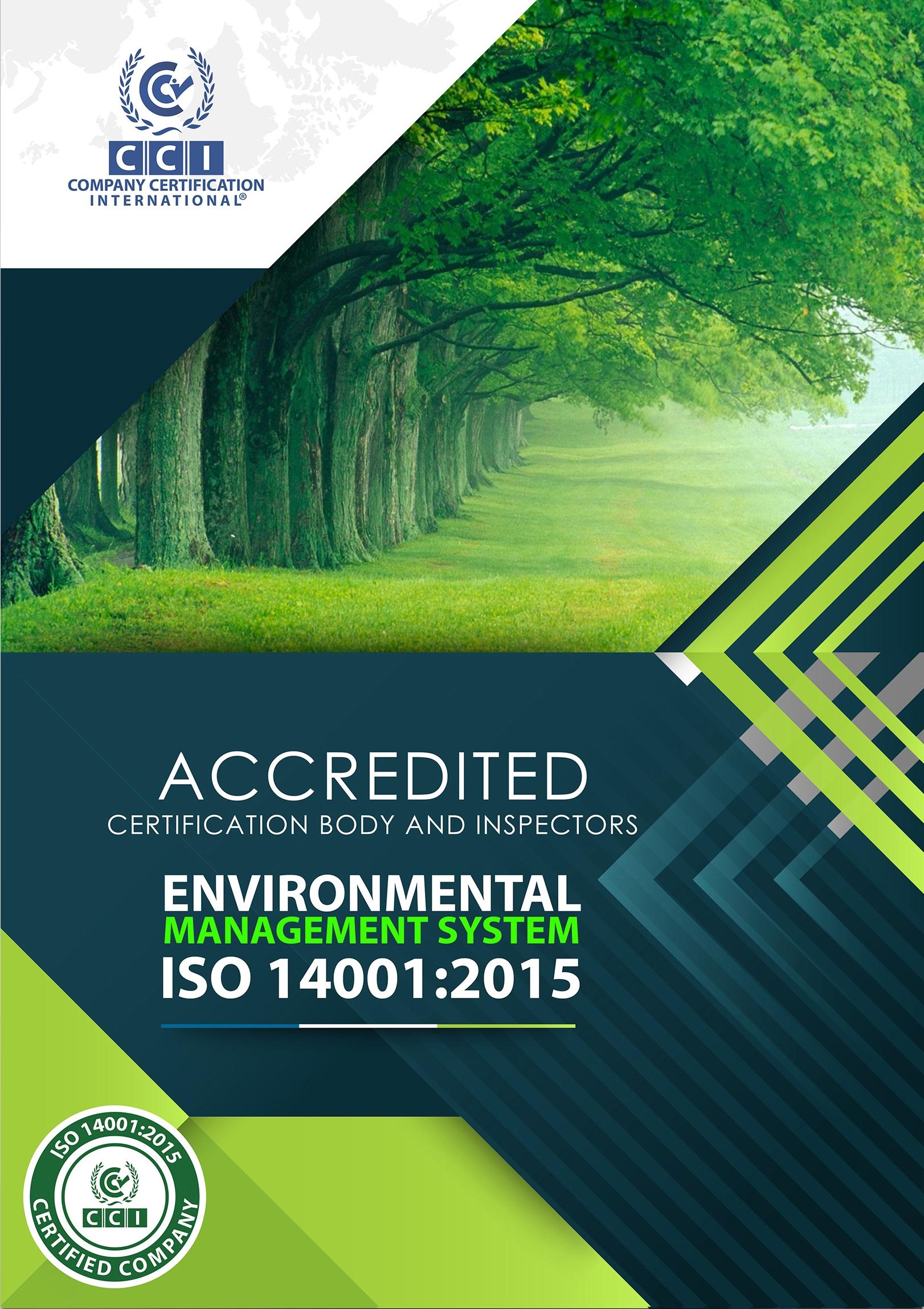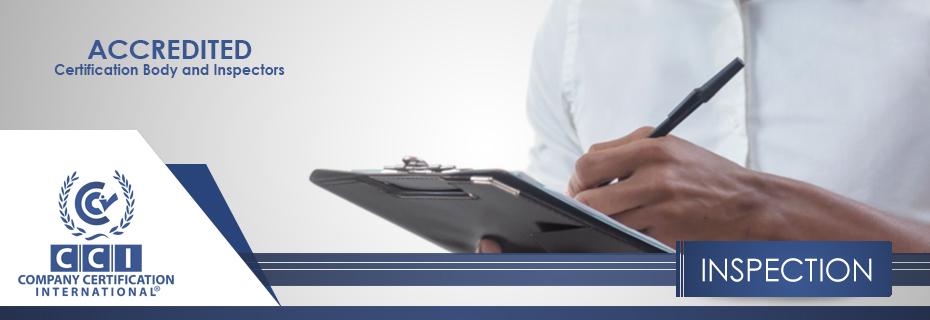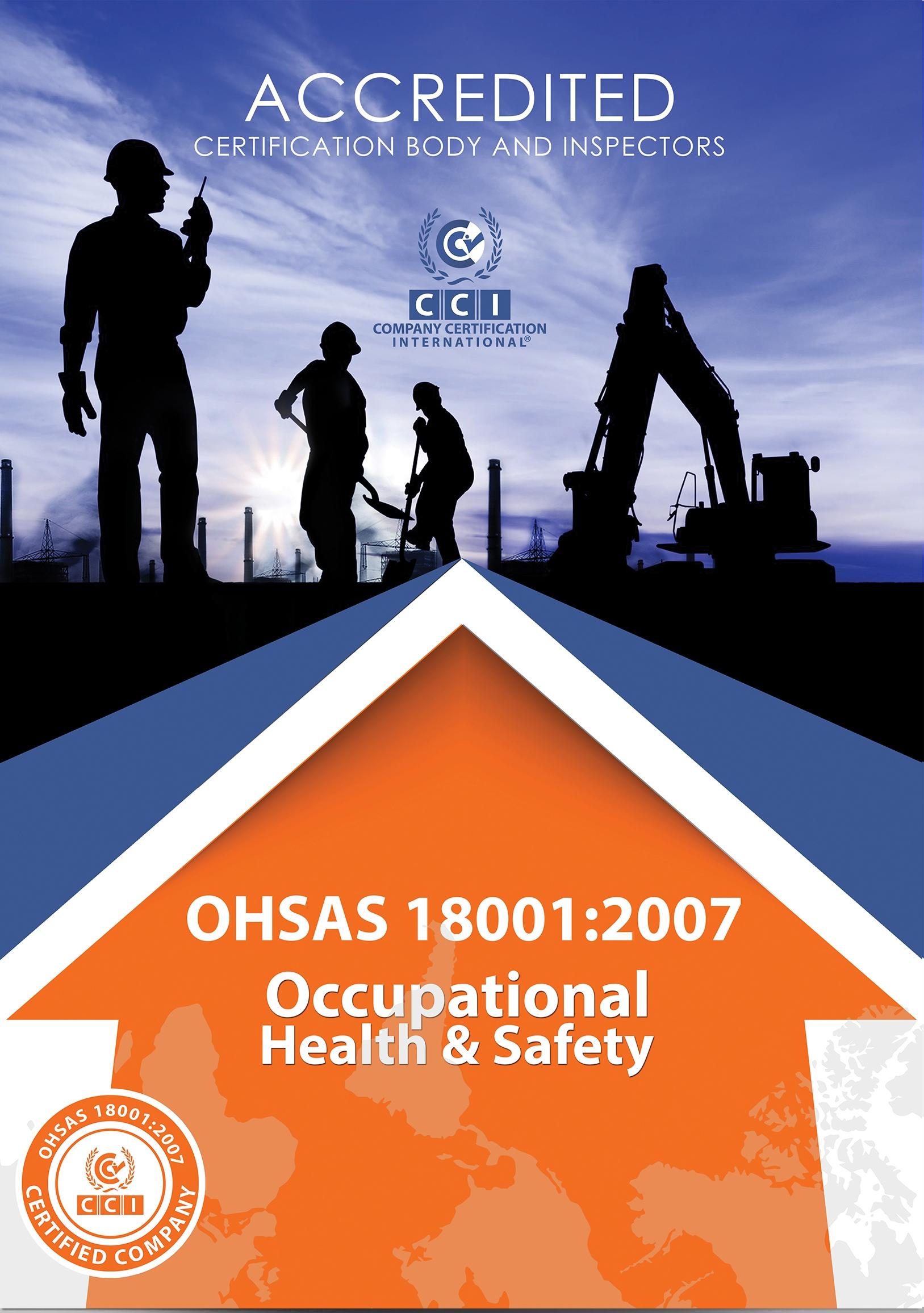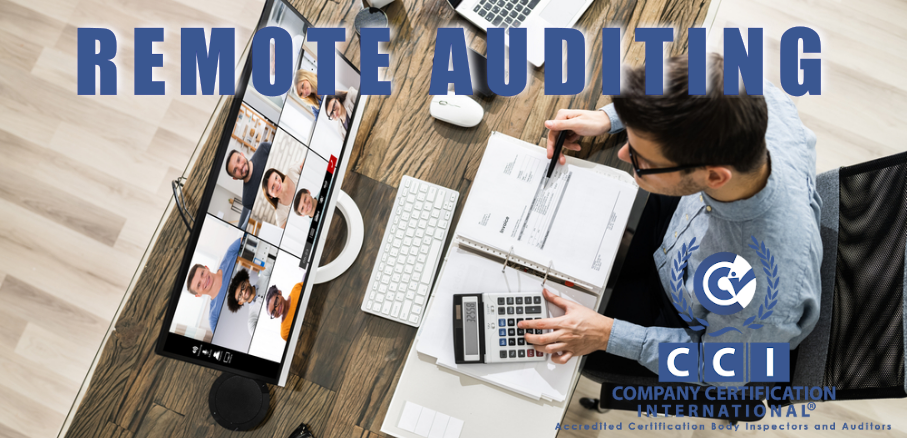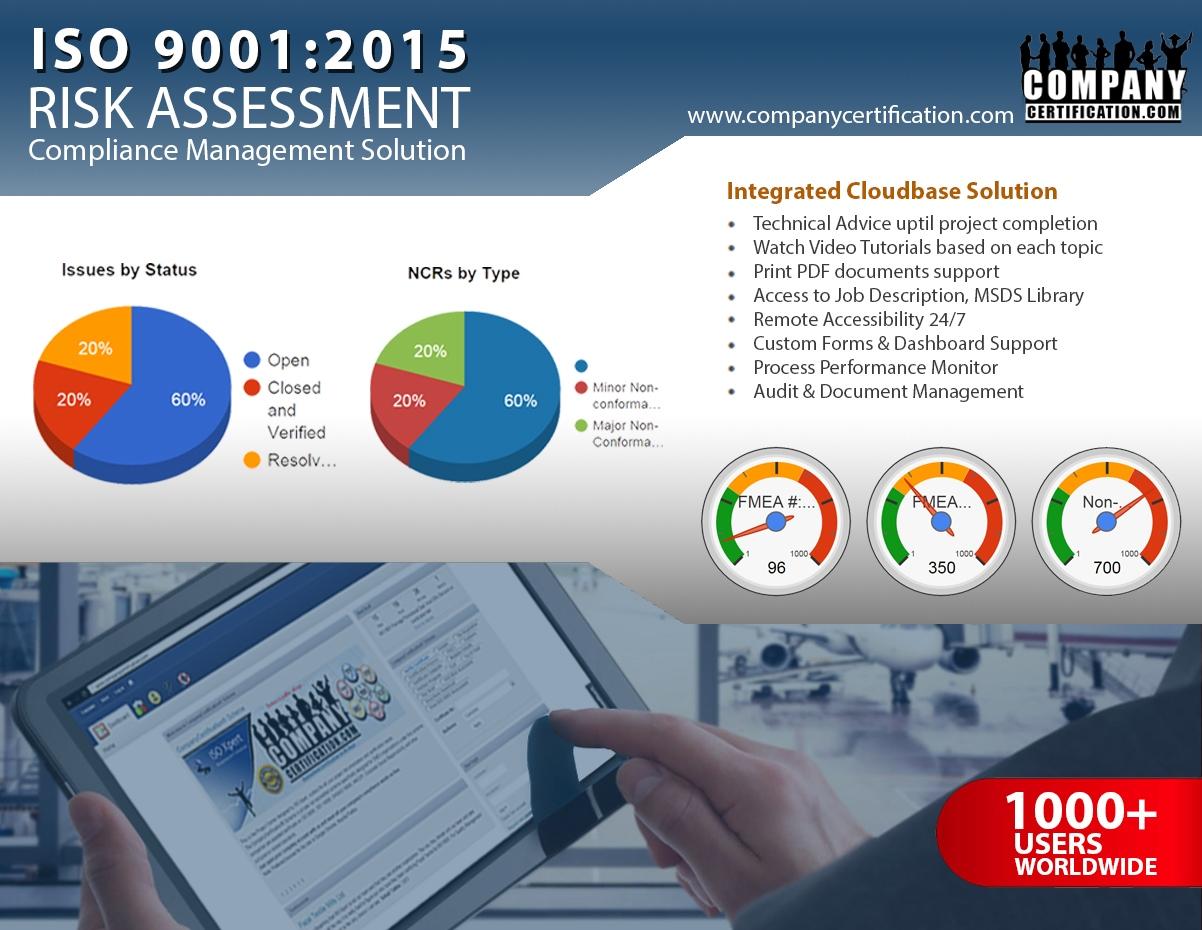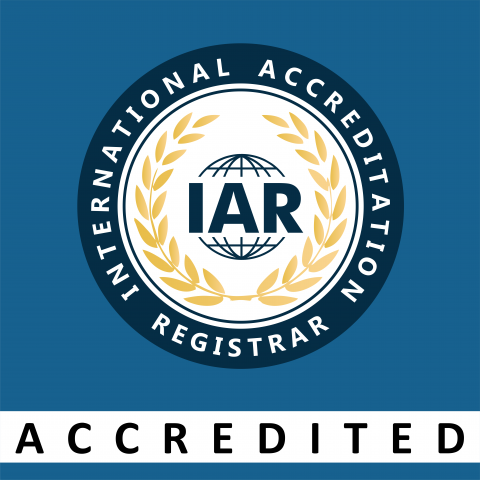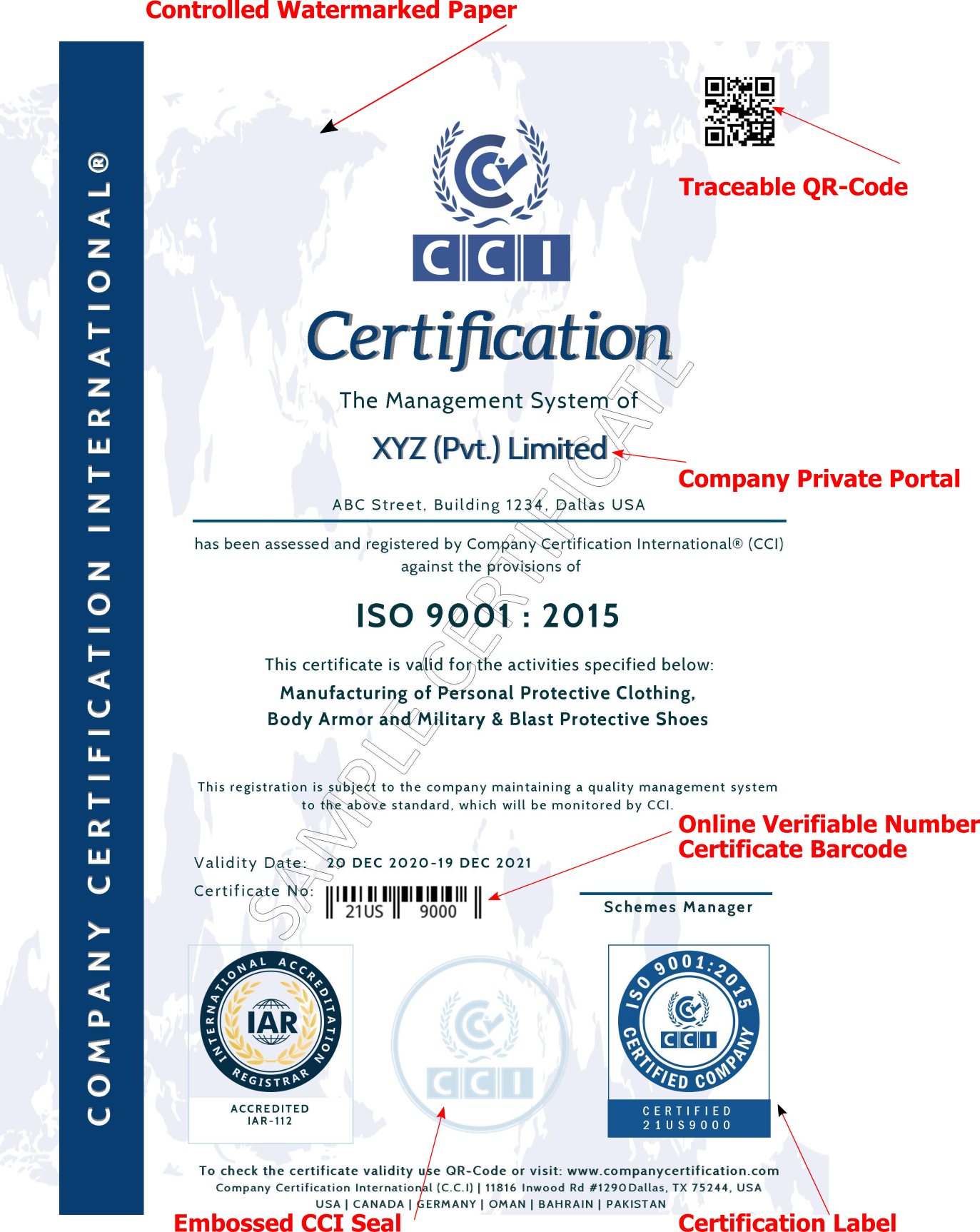ISO 20400 – Sustainable Procurement Conformity Assessment
Overview
ISO 20400 provides guidelines for integrating sustainability into procurement processes. Our assessment helps organizations:
Align purchasing practices with ESG (Environmental, Social, Governance) goals
Meet stakeholder expectations for ethical sourcing
Reduce risks in supply chains
Improve compliance with international standards
Who It’s For
Corporations implementing sustainable procurement policies
Public sector organizations with ESG mandates
Suppliers aiming to meet client sustainability requirements
NGOs and institutions promoting ethical supply chains
Why an ISO 20400 Assessment Matters
Risk Mitigation: Identify unsustainable practices in your supply chain
Cost Savings: Optimize procurement through resource-efficient processes
Reputation Boost: Demonstrate commitment to ethical sourcing
Competitive Edge: Qualify for tenders requiring sustainable procurement proof
Scope of Our Remote Assessment
Policy Review: Evaluate procurement policies against ISO 20400 guidelines
Supplier Evaluation: Assess sustainability criteria in vendor selection
Process Audit: Review purchasing workflows for ESG integration
Stakeholder Interviews: Engage with procurement teams and suppliers
Improvement Plan: Prioritized actions to enhance sustainability
Our 6-Step Remote Assessment Process
Scoping Call: Define assessment focus areas
Document Submission: Procurement policies, supplier codes of conduct
Virtual Interviews: Key personnel and supplier discussions
Data Analysis: Review purchasing data and sustainability metrics
Findings Workshop: Present gaps and improvement opportunities
Final Report: Issue Conformity Assessment Certificate
Deliverables
Conformity Assessment Certificate (valid 3 years)
Sustainable Procurement Gap Report
Supplier Engagement Toolkit
Customized Implementation Roadmap
Executive Summary Presentation
Why Company Certification Int.?
Sector-Specific Expertise: Tailored for manufacturing, healthcare, retail, etc.
Actionable Insights: Clear steps to improve procurement sustainability
Global Standards Alignment: Complies with UN SDGs and ESG frameworks
Remote Efficiency: No disruption to operations
Get Started
Ready to transform your procurement practices?
FAQ
Q: Is ISO 20400 certification possible?
A: No, ISO 20400 is a guidance standard (not certifiable). Our Conformity Assessment provides formal recognition of your alignment with its best practices.
Q: How long does the assessment take?
A: Typically 4-6 weeks, depending on organization size and complexity.
Q: Can small businesses benefit from this?
A: Absolutely! We tailor assessments for SMEs with scalable solutions.
Q: What’s the difference between this and ISO 26000?
A: ISO 20400 focuses specifically on sustainable procurement, while ISO 26000 covers broader social responsibility.
Q: Do you assess suppliers too?
A: Yes, we offer supplier sustainability evaluations as an add-on service.

